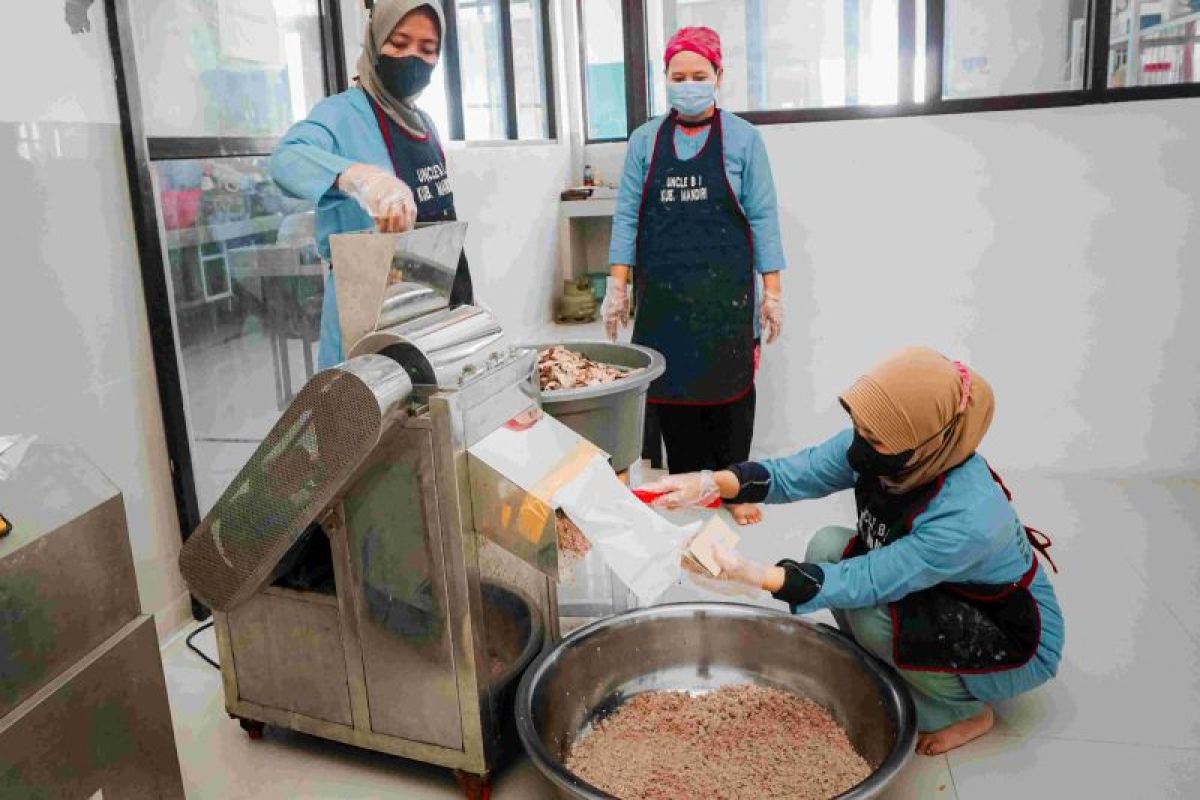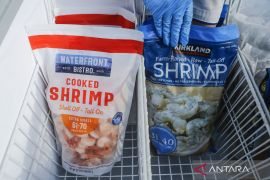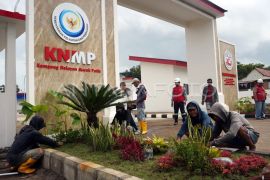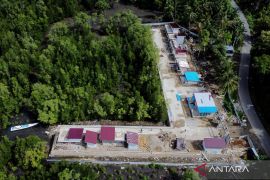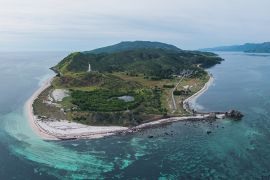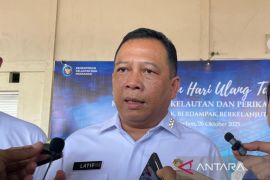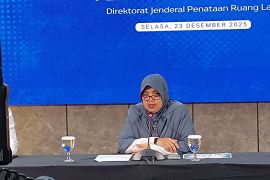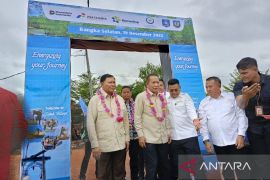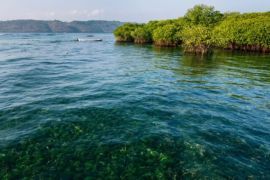This strategic move aims to bolster the government's priority programs, encompassing food self-sufficiency, downstream industry development, and the provision of free nutritious meals, the ministry stated.
"We will implement strategic initiatives for the enhancement of these small-scale fish processing units by effectively utilizing the special allocation funds across 29 provinces in Indonesia," stated Director General for the Strengthening of Competitiveness of Marine and Fisheries Products Budi Sulistiyo in a press release issued on Sunday.
He emphasized the pivotal role of micro, small, and medium enterprises (MSMEs) as key drivers of community economic growth and employment generation.
"We place significant emphasis on MSMEs, recognizing that they constitute over 90 percent of the 4.77 million businesses within the marine and fisheries sector," he added.
Ministry data reveals that 76,318 micro and small-scale businesses operate within the fisheries processing sector in 2024. Of this number, a substantial 35.5 percent are concentrated in Java.
Fish drying remains the predominant activity among these small-scale businesses, with 17,033 units engaged in this process, representing 22.3 percent of all businesses.
Fish-based processing, such as surimi (paste made from fish) production, follows at 18.1 percent, while fish preservation businesses account for 9.9 percent.
According to Sulistiyo, maintaining product quality presents a significant challenge for these small-scale fish processing units.
He further noted that many of these businesses face difficulties in expanding their operations due to their reliance on traditional processing methods.
"The integration of production areas with household kitchens poses another significant challenge in ensuring that fishery products adhere to quality assurance and food safety standards," he observed.
In response, the government will implement a multifaceted approach, including capacity building and competitiveness enhancement initiatives for these small-scale fish processing units, alongside the rehabilitation of existing production centers.
Sulistiyo emphasized that such support is crucial to enable these small businesses to enhance both the quality and quantity of their fishery products.
The rehabilitation of production centers will focus on the repair and refurbishment of existing facilities and the provision of essential processing equipment.
In 2024, the Ministry of Marine Affairs and Fisheries successfully renovated and rehabilitated 224 small-scale fish processing centers.
Related news: RI seeks to bolster financing for MSMEs in agriculture, fishery
Related news: Indonesia develops collaboration, boosting fisheries exports to the US
Translator: Muhammad Harianto, Yashinta Difa
Editor: Aditya Eko Sigit Wicaksono
Copyright © ANTARA 2025
